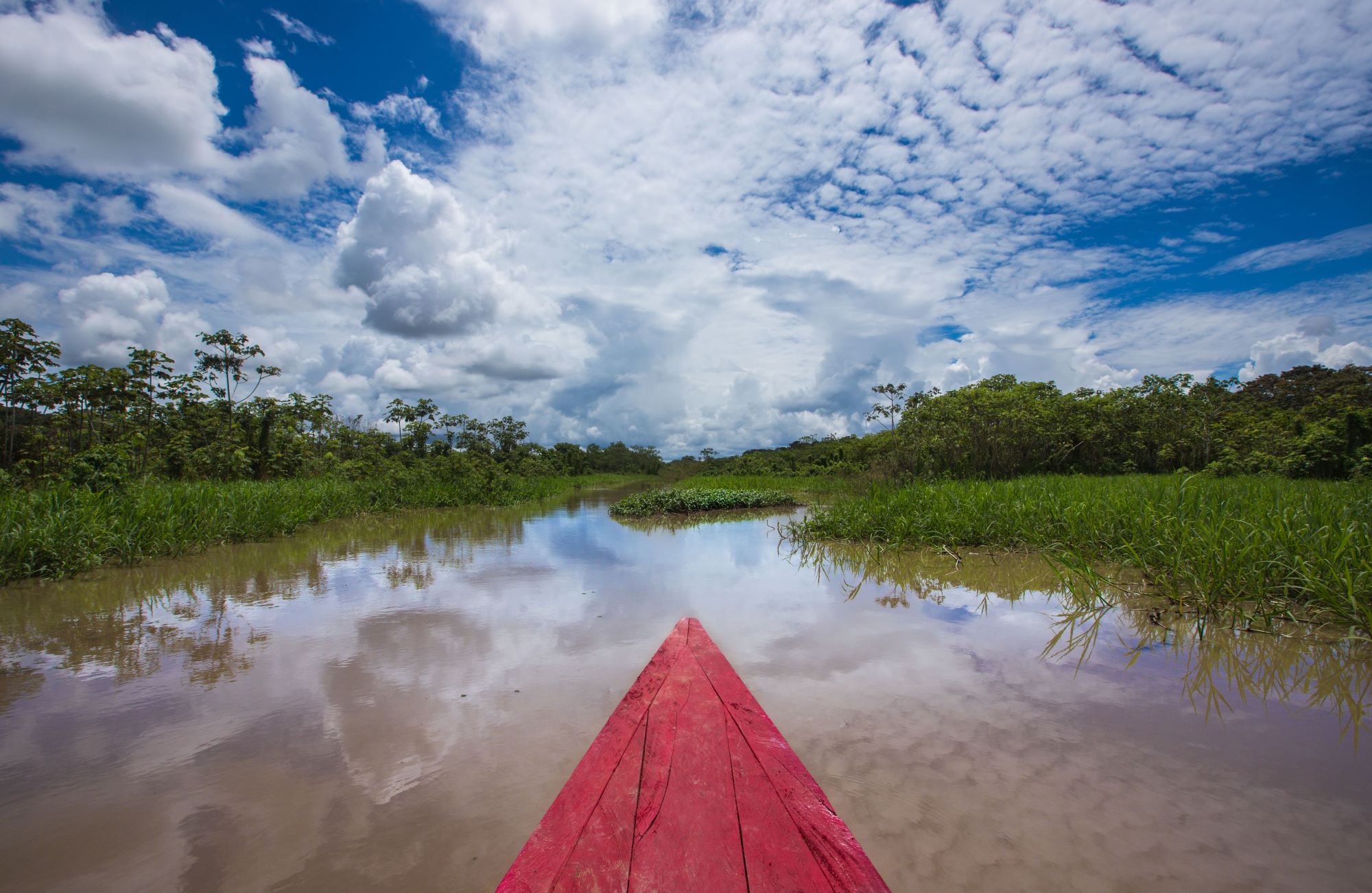
Global Commission on the Economics of Water – Next Steps
The Global Commission on the Economics of Water (GCEW), together with the Government of the Netherlands, will co-convene a session
Societal dialogues are the principal way that the voices of marginalised and vulnerable communities are heard in support of the Commission’s deliberations, ensuring representation of regional characteristics and to engage with a wide range of stakeholders.
They involve active listening and documentation of diverse voices and narratives by the Commission, its secretariat and distributed secretariat to the relevant knowledge, experiences, insights and advice of participants with their free, prior and informed consent.
Each societal dialogue will have at least one ‘champion’ among the Commissioners to ensure the process effectively connects to the work of the Commission.
They will be carried out in partnership with networks and stakeholders, including non-state actors and coalitions is pivotal. Incentives across stakeholders need to be aligned with the ambition of the Commission, and strategic constituencies to co-create innovation and pathways for water as a global common good.
The active engagement of Commissioners is necessary for the success of societal dialogues.
Where a geographical diversity is required to deliver voice, such as engagement with marginalised communities, the advice and support by Commissioners from parts of the world with a greater proportion of such communities would facilitate the process oflistening
Communities of knowledge and experience for inclusion as societal dialogues include:finance sector, labour sector, local authorities, marginalised communities and those representing the needs of nature/ecosystems.
Each societal dialogue will have a systematic process for recording in summary form. A summary report of each dialogue will be included as part of the key outputs of the Commission to inform the Pathways Report.
Communications, as a core function of the Commission, is central to every aspect of the societal dialogues. Raising the awareness of role and purpose underpin the success of a global all-encompassing endeavour. Echoing and spreading the outcomes of societal dialogues are paramount.

Global Commission on the Economics of Water – Next Steps
The Global Commission on the Economics of Water (GCEW), together with the Government of the Netherlands, will co-convene a session